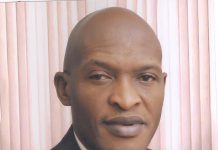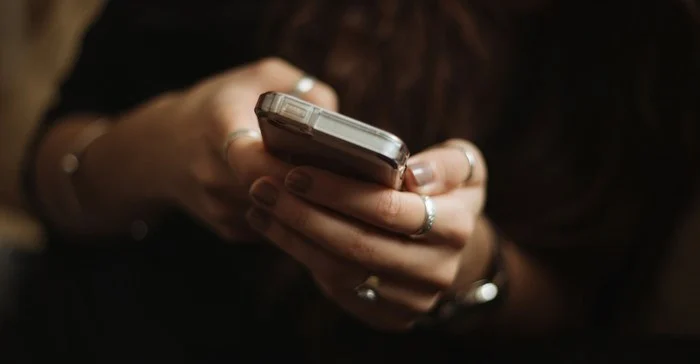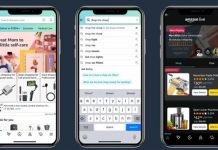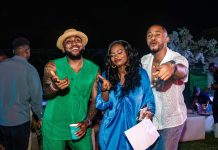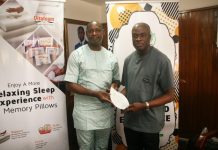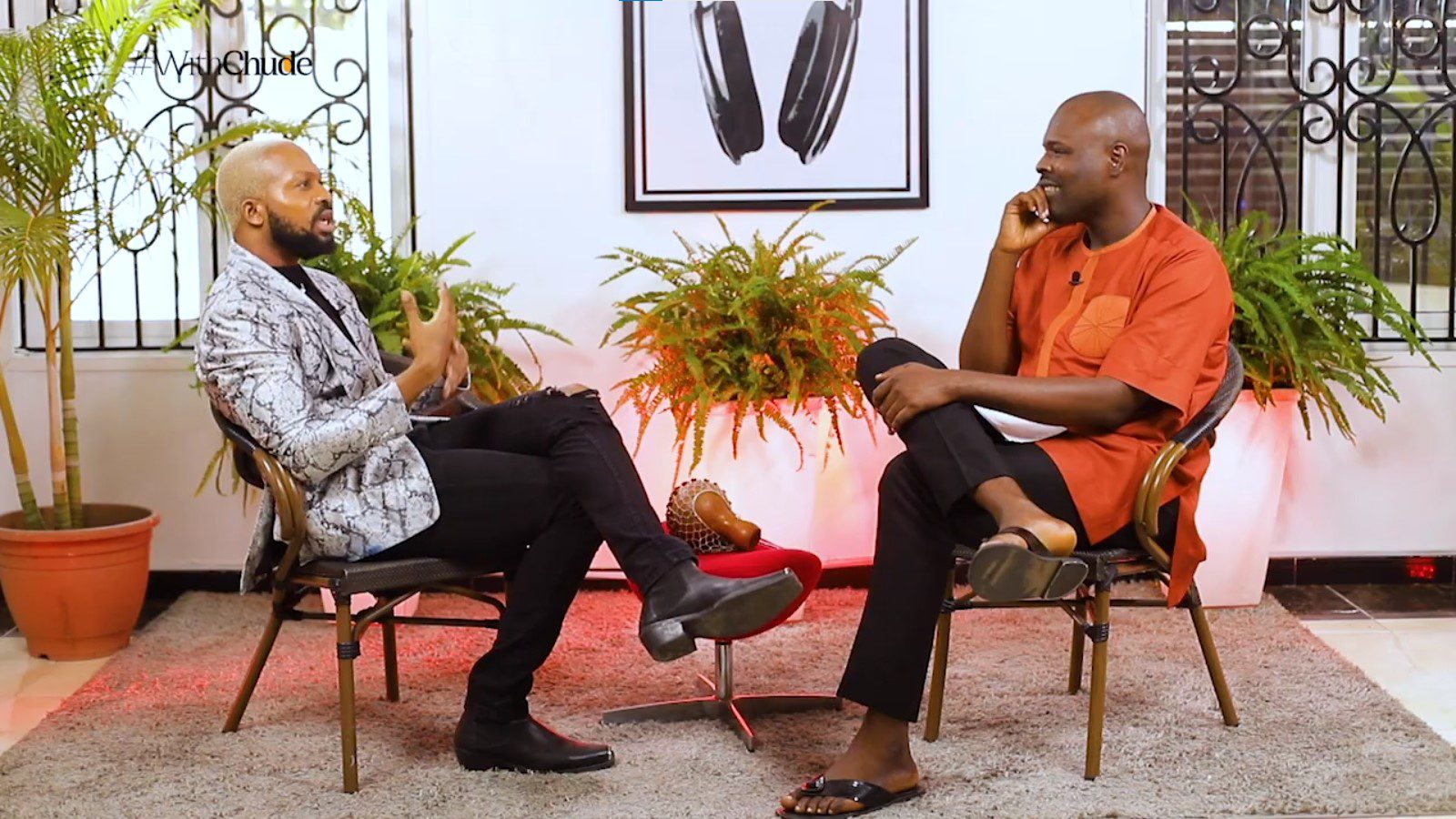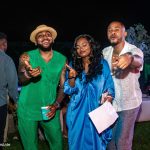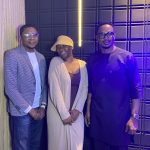In a recent episode of the viral tv show, #WithChude, the host Chude Jideonwo, sits with Founder and Creative Director of Orange Culture Nigeria, Bayo Oke-Lawal to discuss dealing with bullying and defying the norms, and the rise of his career in fashion industry.
On the defiance it took to create a brand that wasn’t conventional and deal with the responses, he said, “looking back now, especially as an adult, and I think about these things, I am just like, ‘was I really that intentional as a teenager, or was I just living my truth. I was just like, ‘oh, this is who I am, this what I feel, and it feels like nobody is engaging these issues or having these conversations.”
He also mentioned how his work gave him a platform to represent himself as he is. He said, “People are feeling all types of ways, feeling unrepresented, disconnected, suppressed and people aren’t saying anything about it. For me, it was just a way of saying, ‘hi, this is me.’ At that time, it was just like, this is what I want to say, this is how I am going to say it. I don’t want to be a replica of somebody else, or a suppressed version of my reality. I want to be exactly myself from the jump,” he said.
On the perceived difference of his brand, he said, “Every time I was in a room, especially with a lot of other men, I was always asked why I was so different. Even when it wasn’t said, it was nuanced; it was in the way that I was confronted, bullied, or attacked. It was so many different things. I feel like all those different situations always make me have to say, ‘Oh, this is who I am, I don’t feel like this needs to be questioned, I feel like you just need to accept it’. I think that was where the madness started from. Even as a teenager saying that I am a boy with a colorfully disposition, I didn’t know the impact of how that was going to on for the next ten or whatever years and how many people that will feel that connection to that little quote. I don’t say it anymore but through the way I live my life, you can see that I am clearly a boy with a colorful disposition”.
In the interview, Bayo also shared how the journey started, the negativity he has to deal with, and what helped him to keep showing up despite the vicious feedback. He said, “I started my business when I was 20, I was always being attacked because I didn’t go to fashion school, there was a lot of pressure. Anybody that you see that is working in fashion and succeeding to some extent is getting half what they should be getting, because what they need to succeed truly doesn’t exist for them. It is not an easy journey. Asides from running the business, there was an emotional story behind the brand and something that was personal for me, which was what the orange boy article was about, I had always had the idea of confronting toxic masculinity. I realized that the reason I was being attacked was tied to the idea of toxic masculinity. I remember that the collection was about being vulnerable and being open and this idea of men being vulnerable was such an issue to discuss. So, even when that happened, I saw the need to continue having that conversation, ‘if people are really making me feel bad about saying this, maybe this conversation needs to happen, and it needs to go further, and maybe I need to push further’.”
He also explained that the reactions from his parents on starting the business were mixed. “My parents are amazing, when I first started, my mom said, you can do this but go to school’. My dad, who is amazing too, he just didn’t understand it. Imagine you child coming to you and saying I want to have this career, when there is no yardstick to measure successes. There was nobody at that time, when I was younger who was successful in fashion in Nigeria, in the level that I could have done the thing called successful. He’s like who do you look up to.
Now, Bayo shared that the most emotional conversation he had with his father was when they had a conversation about a factory that he was building. He shared, although he didn’t say he believes in me, but it made me see that finally he saw something there because I stuck to it, and I started showing him that this thing that seems so unimaginable is now becoming imaginable”.








